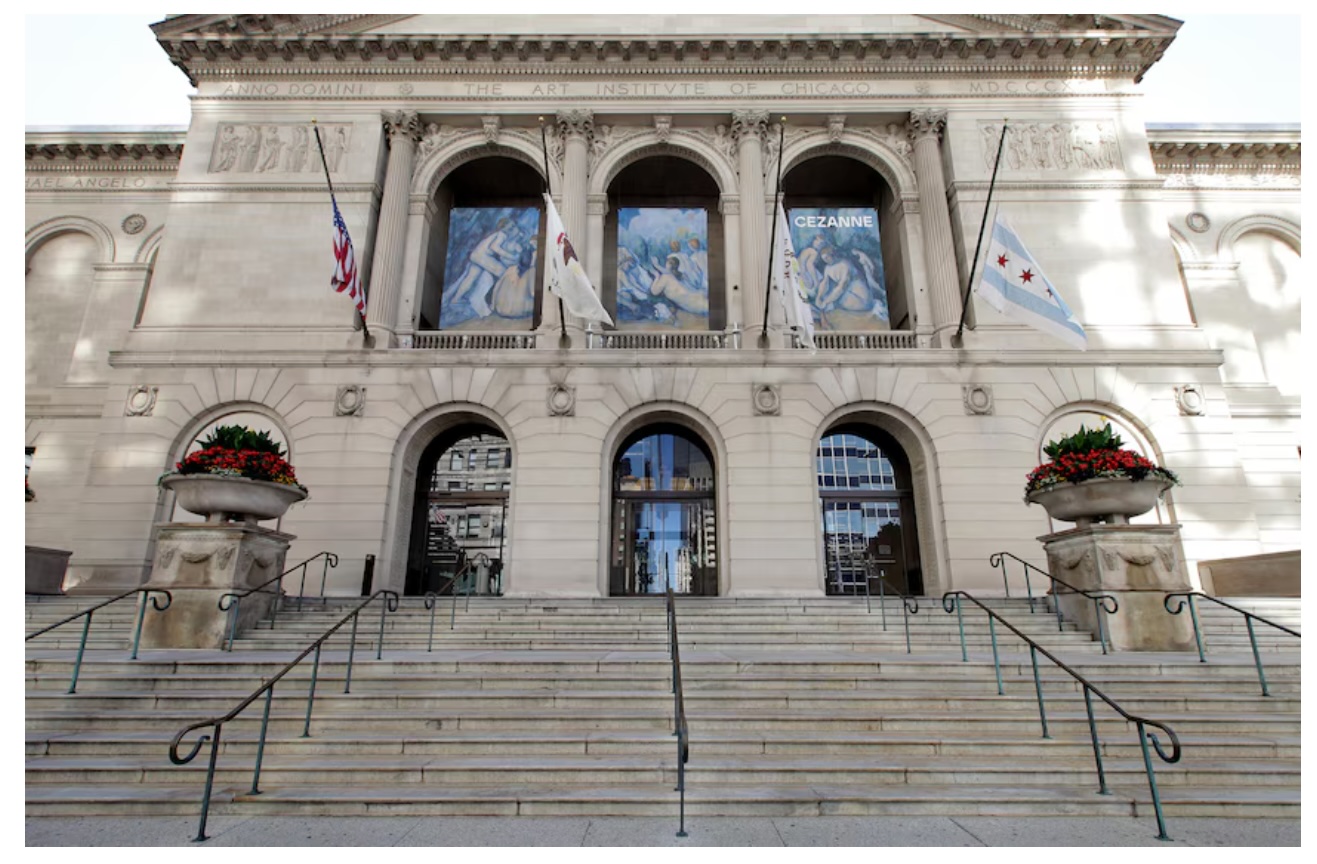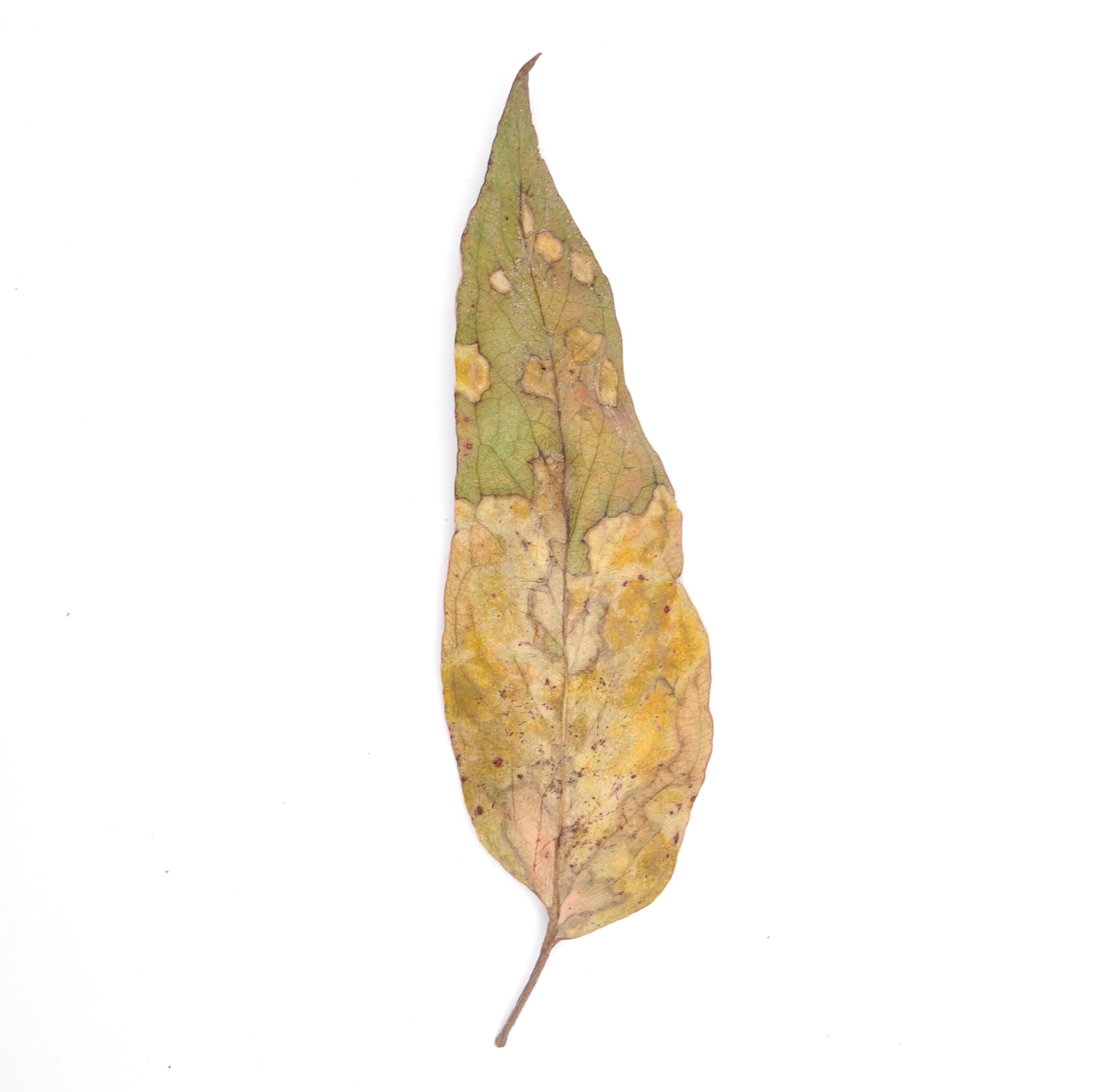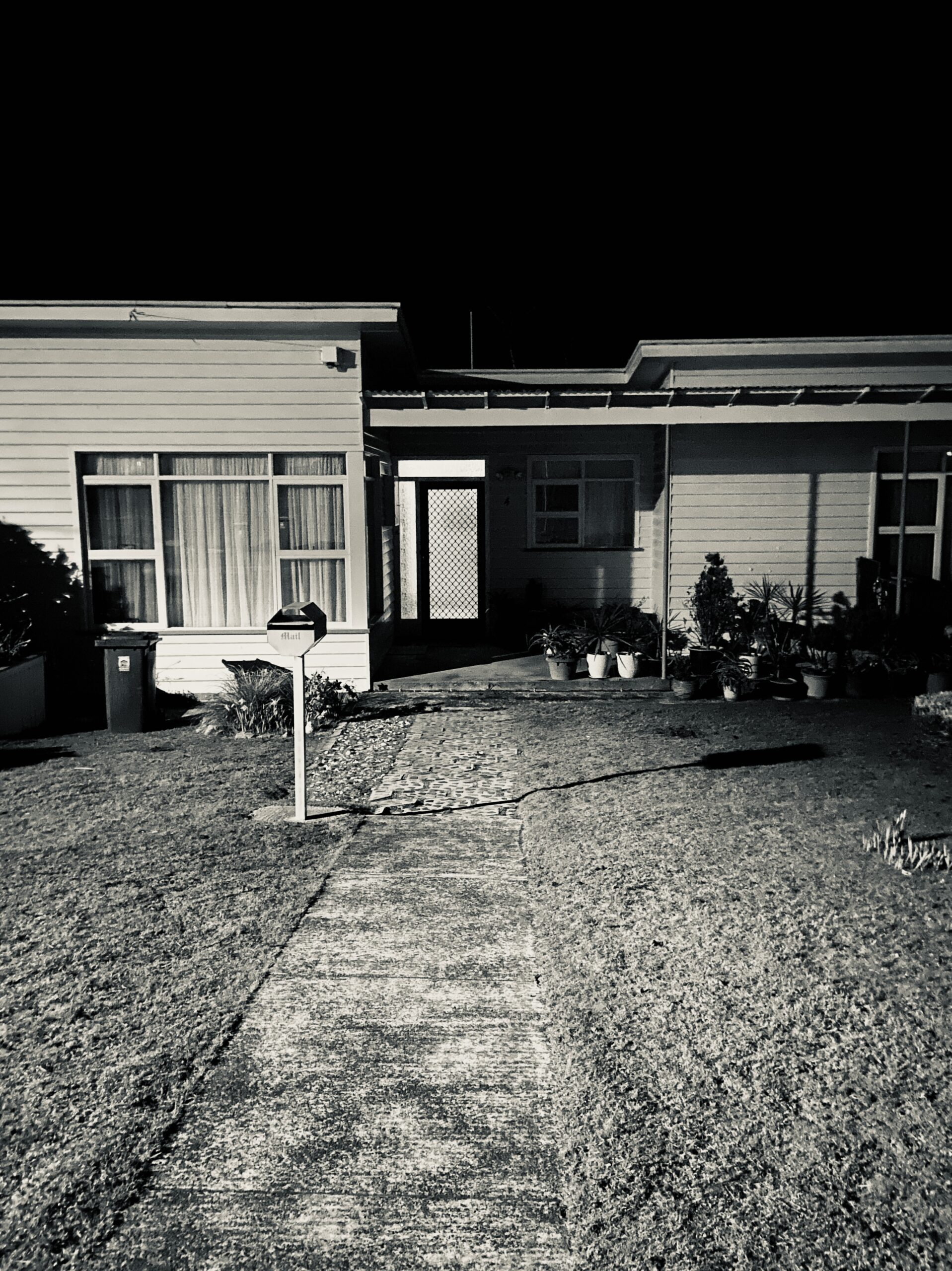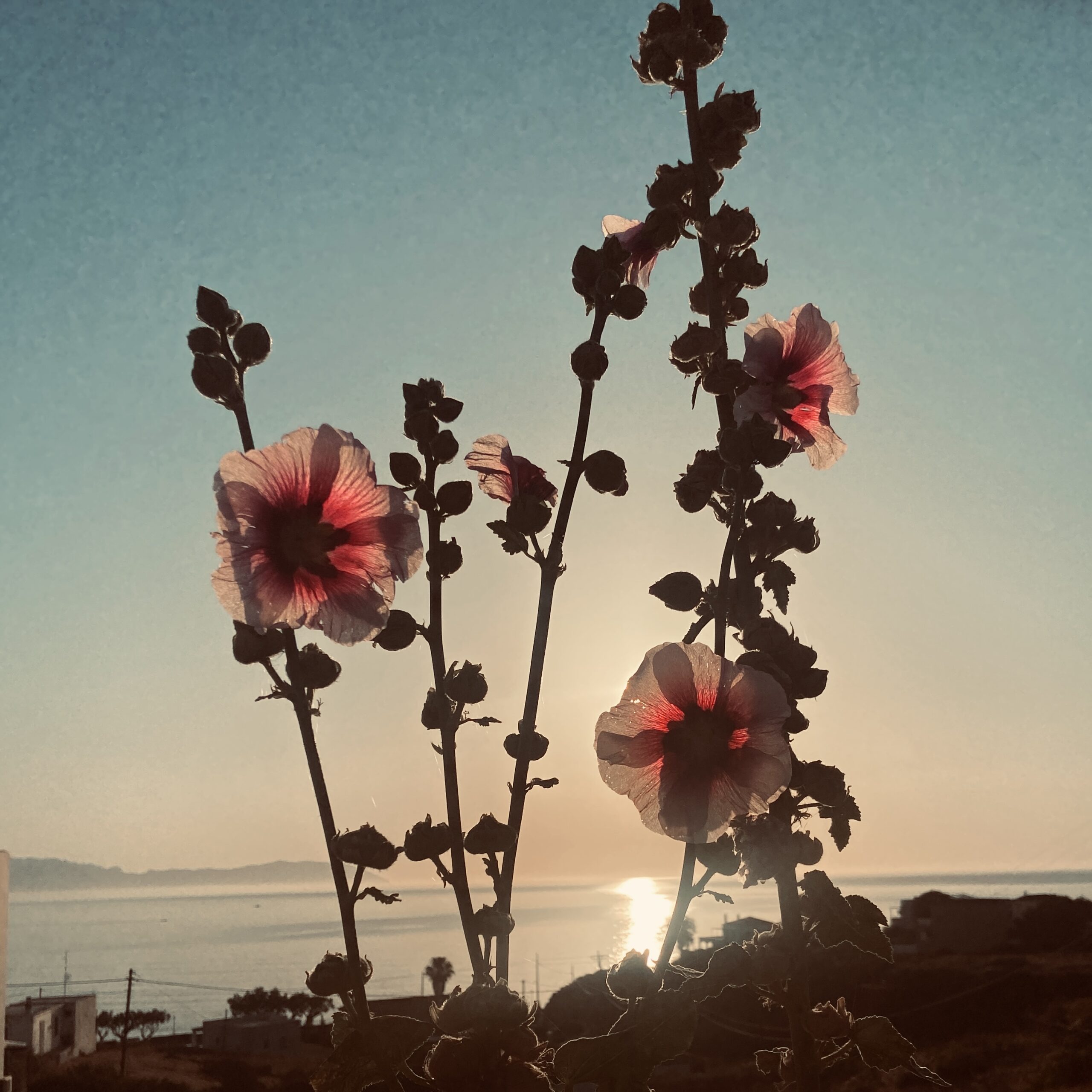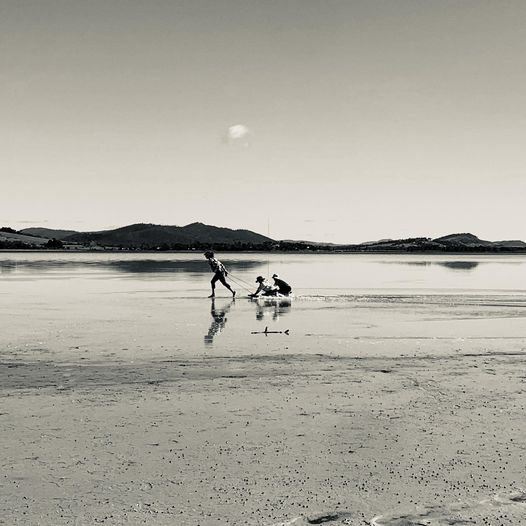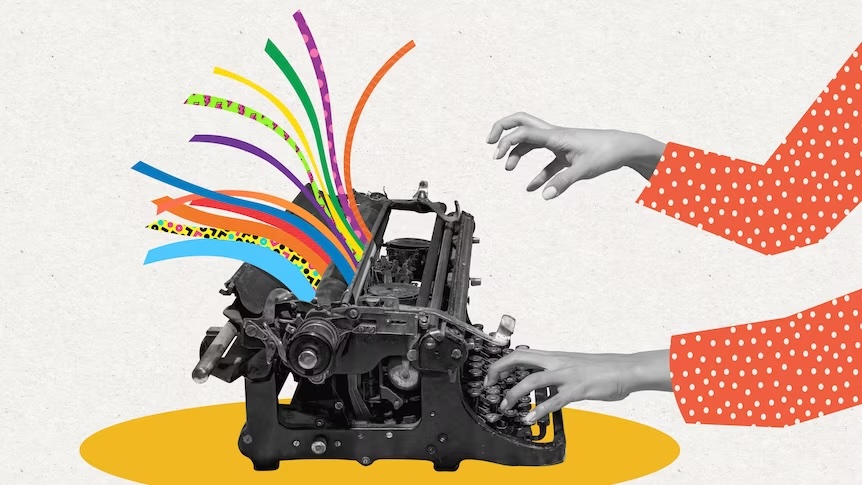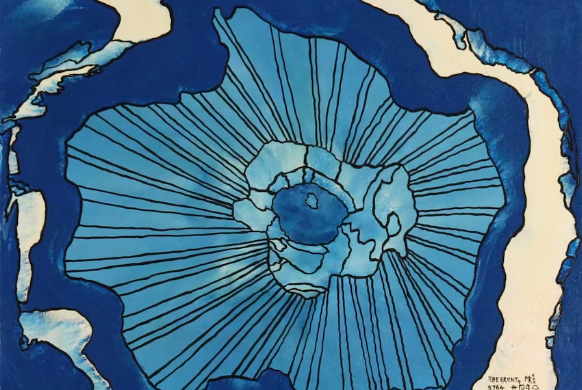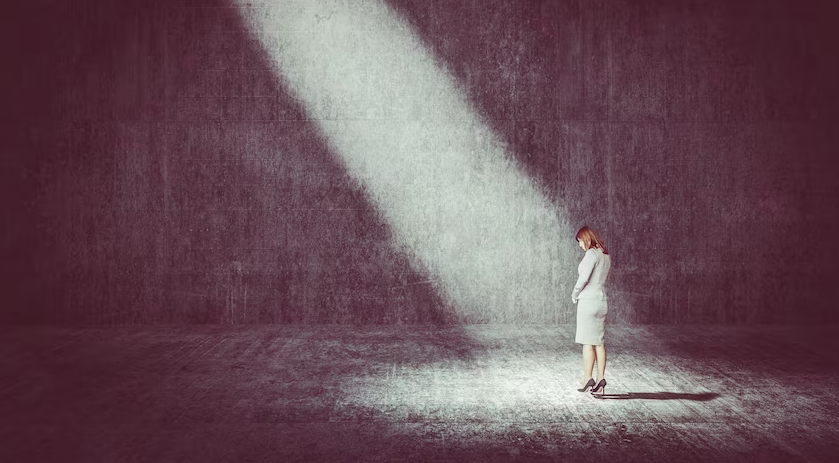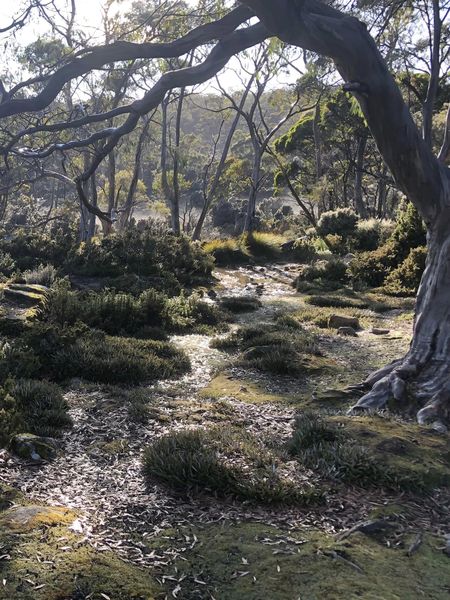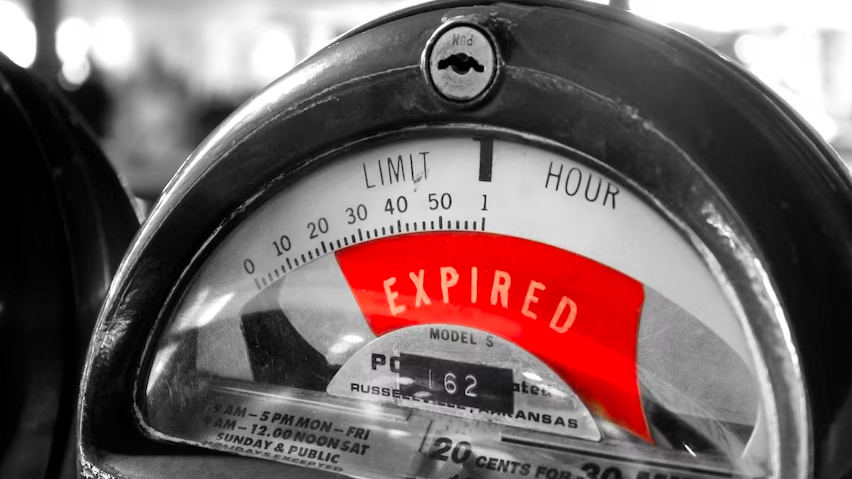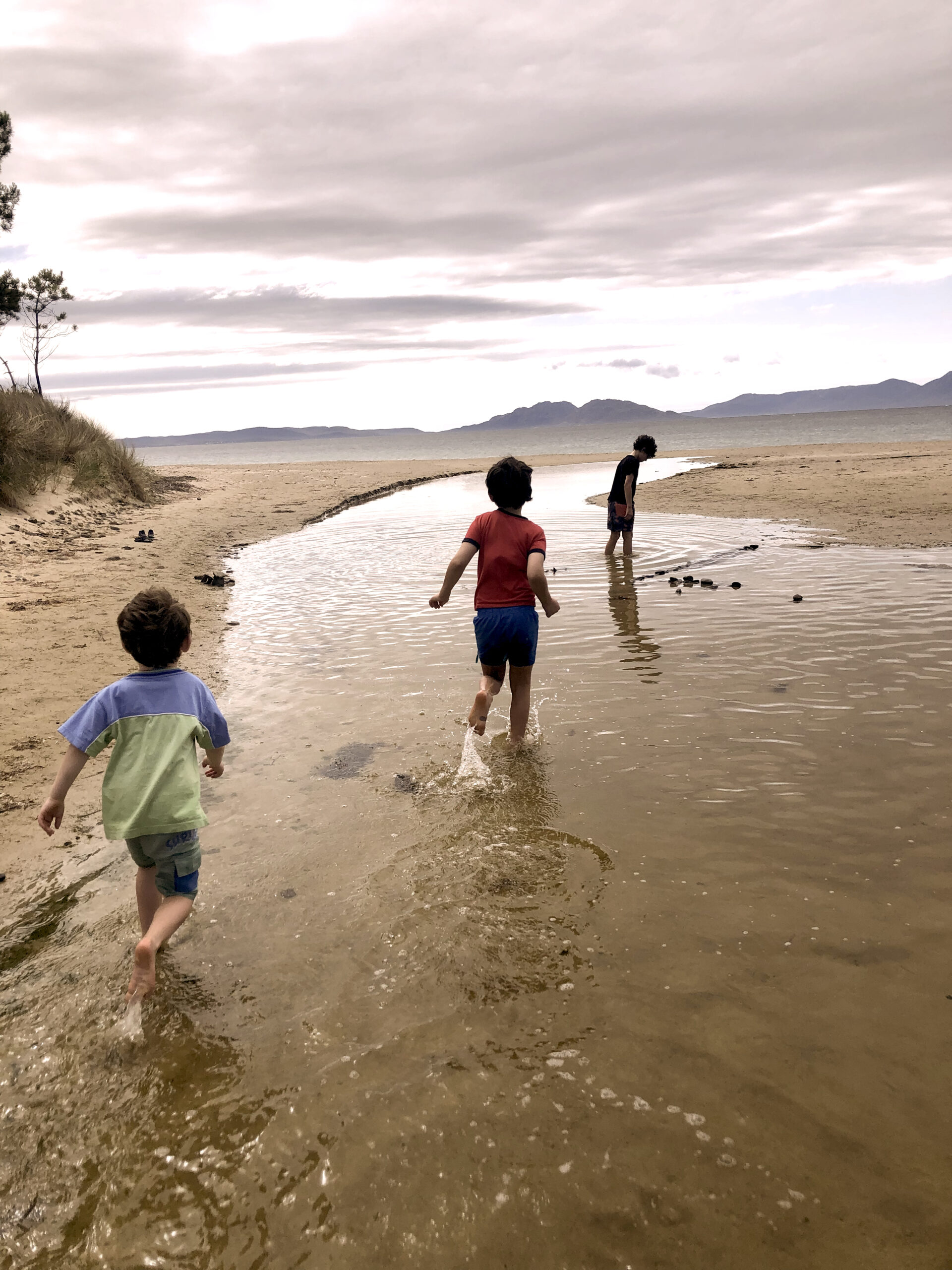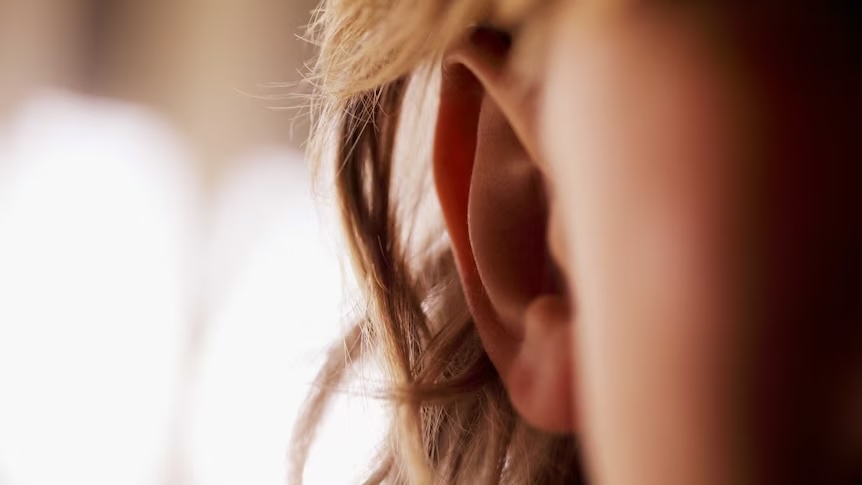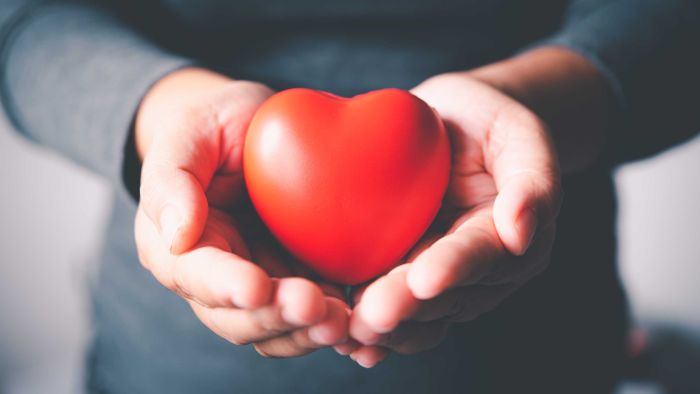Few would challenge the notion that, in order to properly think a question through, we need at least some time alone with our thoughts. Some might even claim we can’t think for ourselves unless we are thinking by ourselves. But a new book by a public philosopher, based on the wisdom of an ancient philosopher, reminds us that inviting others to “intrude” into our “private mental world” and think with us, makes sense.
ABC
-
-
The shops were just starting to proclaim the coming of another Christmas when I came across an antidote to overspending and overconsumption. I wasn’t looking for it, in fact. I was listening — to an interview with novelist Claire Keegan. In it, she talked about how she never wants to give her readers “too much”.
-
When he was a child, Bob Burgess once mentioned to his mother that he didn’t really like Christmas. He still remembers how she looked at him with “abrupt anger”, and then began to cry. At the time he was puzzled. Now he can see how hard Christmas would have been for her. His father was dead, and his mother had very little money. The fact he spoke those words to her still fills him with regret. At the age of 65, the holiday season saddens him, and he understands this memory is the reason why.
-
A stranger at a shopping centre once caught my attention. She’d been speaking with a man, but interrupted him to talk to me. Quietly, kindly, she told me that my fly was not done up. Surprised and embarrassed, I laughed, thanked her, and pulled it up.
Months later, the moment came to mind when I was listening to a conversation about “the bystander effect”: our reluctance, when others are around, and we see someone needs help, to intervene.
-
Two books that I picked up recently — Barbara Kingsolver’s Demon Copperhead and Paul Lynch’s Prophet Song — have a great deal in common. Both are timely tales of injustice, darkness, and despair. Both explore evils that many in this world, through no fault of their own, cannot escape. Both use a relatable main character to make sure readers care. And both, once I had finished reading them, were not finished with me.
-
There are limits to what a human being — and human beings collectively — can understand. We know this and, day after day, we forget and are reminded. I’m not just talking about what we can understand about history, or physics, or chemistry, or ecology. I’m talking about what one human being can understand about another, even their self.
-
There’s a moment in Elif Batuman’s latest novel when its protagonist wonders whether, instead of trying to write a novel that’s true to life, she could manipulate her life in order to produce one:
“What if I could use the aesthetic life as an algorithm to solve my two biggest problems: how to live, and how to write novels? In any real-life situation, I would pretend I was in a novel, and then do whatever I would want the person in the novel to do. Afterward, I would write it all down, and I would have written a novel, without having had to invent a bunch of fake characters and pretend to care about them.”
-
Last month I came across the story of an extremely “quiet” achiever: an Australian maths teacher who lived alone and, after retiring, started painting abstract art alone. Over a twenty-year period, he produced more than 7,000 paintings — naming, dating, and numbering each one.
After his death, his sister called them “rubbish” and told an estate auctioneer to get rid of them. But they didn’t look like rubbish to the auctioneer and, when he showed them to an experienced art valuer, she agreed.
-
The main thing I learned in science class, apart from the fact teenagers can’t be trusted with Bunsen burners, is that experiments should begin with a hypothesis and end with a conclusion. You can’t jump straight to the conclusion. And yet, outside of science labs, when we’re making judgements in the world — especially about fellow human beings — that’s what we tend to do.
I’m not saying we can, or should, devise experiments to somehow test our assumptions about each other. I’m just wondering…
-
When productivity consultant Daniel Sih was writing Raising Tech-Healthy Humans, he asked his kids to think about their best experiences in life. Their fondest memories — listening to him play the guitar and read to them before bed, jumping on the trampoline with a neighbour, a family game of mini-golf — didn’t involve screens; they did involve spending time with loved ones. In his book, Sih reflects on their answers and what they had in common: they were tangible, relational, and unplugged.
-
If you were walking past a car on a hot day and saw an infant strapped within, the windows closed, what would you do? Assume a parent was nearby? Maybe scan to see?
What if nobody was in sight? Would you stop to tap the window, peer inside?
And if the child seemed motionless — eyes glazed or closed, no sign of breath — what then? Would you smash a window? Call for help?
-
I recently started watching a television series with my eldest son. The more that I reflect on the experience, the more convinced I am that it’s been time well spent for both of us.
If you’d told me I’d be writing this article a year ago, and that the show in question would be Alone, I might have scoffed. Reality television has never really been my thing — it riles me when manufactured drama masquerades as “real” — and my kids get enough screen time after school without opening the gateway to evenings as well.
-
My invisible friend has an office in the corner of our bedroom. On either side of his computer sit two pots filled with grass. He mows them with scissors. On the floor by his desk is a dark, glossy palm, and on our dresser is a fern, with leaves that are translucent in the sun.My husband’s office doubles as a garden — and a music studio. Between the plants there is a microphone, speakers, a mixing desk, keys. When he’s not working for money, he’s making songs for fun. On a good day, that is….
-
If you had asked me, “What colour is a gumleaf, and what shape?” this time last year, I might have answered, “Green, or bluish green; and kind of like an elongated heart.” If you had asked, “What is the colour of a dying eucalyptus leaf,” I might have answered, “Brown? Or maybe grey?”
I’ve since noticed just how differently each leaf is shaped and coloured, textured, too. The toil of living decorates their skin; it grows more coloured, detailed, complex, blemished, beautiful, with time.
-
It’s funny how certain courses of action simply don’t occur to us, especially in the moment. Even in retrospect we don’t see all we could have said or done. We stay inside the square, behave in the expected ways, conform to expectations, follow written and unwritten rules.
What’s more, we do so even when we have good reason to do otherwise. Or at least, most of us do, most of the time.
I recently heard the journalist David Brooks interview historian Kate Bowler.
-
Email templates save us time, but at what cost?
A newsletter that I subscribe to shared a link last week that made me cringe.
The newsletter, which is aimed at freelance writers, linked to a site with a range of templates to “help you say no in a variety of situations”.
If the link was to an article with advice on different ways to say no, complete with principles and the odd example, I don’t think I’d have flinched, but it was to templates — “and if you’re a Gmail user, you can import them all for use right into your email account”.
-
I’d been reading Richard Powers’s novel Bewilderment — the story of a nine-year-old boy grieving his mother, the story of an unmoored father, raising his son in a dying world — when I heard a philosopher on the radio offer an all-encompassing solution to human suffering.
In Bewilderment, the boy’s mother, a passionate animal rights activist, would say the Buddhist prayer, “May all sentient beings be free from needless suffering”, when she tucked him in at night…
-
One of the best opinion pieces I’ve read this year was a friend’s Facebook post. It was 1,600 words long. He wrote about moral choices that have no clean solutions; about how sometimes a path of action must be “walked with tears”.
Among the thoughtful, appreciative comments that followed, I noticed one that began, “Couldn’t read all of this”. She went on to say she’d be removing him from her Facebook as words couldn’t express how strongly she disagreed with him. I began to lament the author’s…
-
We met over a damsel in distress. The damsel had just given birth to twins and urgently needed a bar fridge to store breast milk in. I posted a request on our neighbourhood Facebook page. Within minutes, a lady named Veronika had replied offering a “lovely” fridge we could keep for several months — and call “Louise” if we wanted to. She was even willing to delay a non-urgent outing for potting mix and chook food, so I could pick the fridge up that morning.
